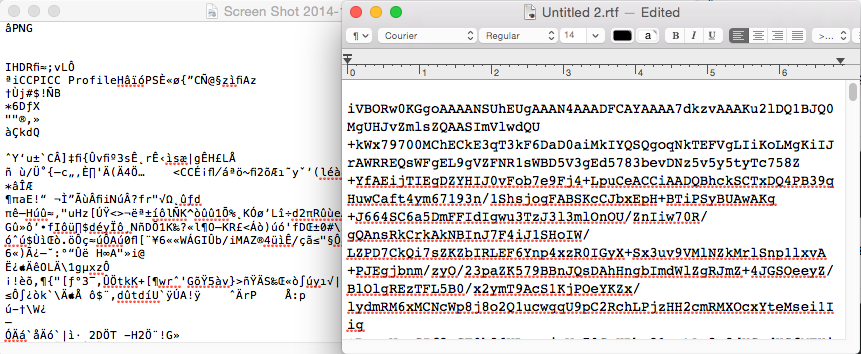

The Base64 functions in JavaScript are made for ASCII values only. The copy button populates the Data text area with the current value of the Result text area. Base64 Encode and Decode Unicode (UTF-8) strings in JavaScript and. In NeoLoad, select edit > JS Library > New JS Library. The following script provides a text area to enter the original data which may then be decoded or encoded in Base64 using the provided buttons. You can find attached a Javascript library file to encode/decode base64. Now we will put onchange on the input type and this will execute a function imageUploaded () when you upload an image. atob(): decodes a Base64-encoded string ("atob" should be read as "ASCII to binary"). A robust base64 encoder/decoder that is fully compatible with atob() and btoa(), written in JavaScript. Base64 decoding and encoding in JavaScript is handled through the atob () and btoa () functions respectively.btoa(): creates a Base64-encoded ASCII string from a "string" of binary data ("btoa" should be read as "binary to ASCII").In JavaScript there are two functions respectively for decoding and encoding Base64 strings: The code() function is designed to be fully compatible with atob() as described in the. The return value is in the form of a string containing only characters in the range from U+0000 to U+00FF, each representing a binary byte with values 0x00 to 0xFF. One common application of Base64 encoding on the web is to encode binary data so it can be included in a data: URL. In JavaScript, there are two functions for decoding and encoding base64 strings: btoa() which is used to create a base-64 encoded ASCII string from a string of. This function takes a base64-encoded string (the input parameter) and decodes it. Base64 is commonly used in a number of applications including email via MIME, and storing complex data in XML. Also known as a binary to text converter.

#Base64 encoding javascript free
This is to ensure that the data remain intact without modification during transport. The Base64 Encode Online tool is a free encoder that converts to Base64 any text, local files, or remote files (URL). The term Base64 originates from a specific MIME content transfer encoding.īase64 encoding schemes are commonly used when there is a need to encode binary data that needs to be stored and transferred over media that are designed to deal with ASCII. Base64 is a group of similar binary-to-text encoding schemes that represent binary data in an ASCII string format by translating it into a radix-64 representation.


 0 kommentar(er)
0 kommentar(er)
